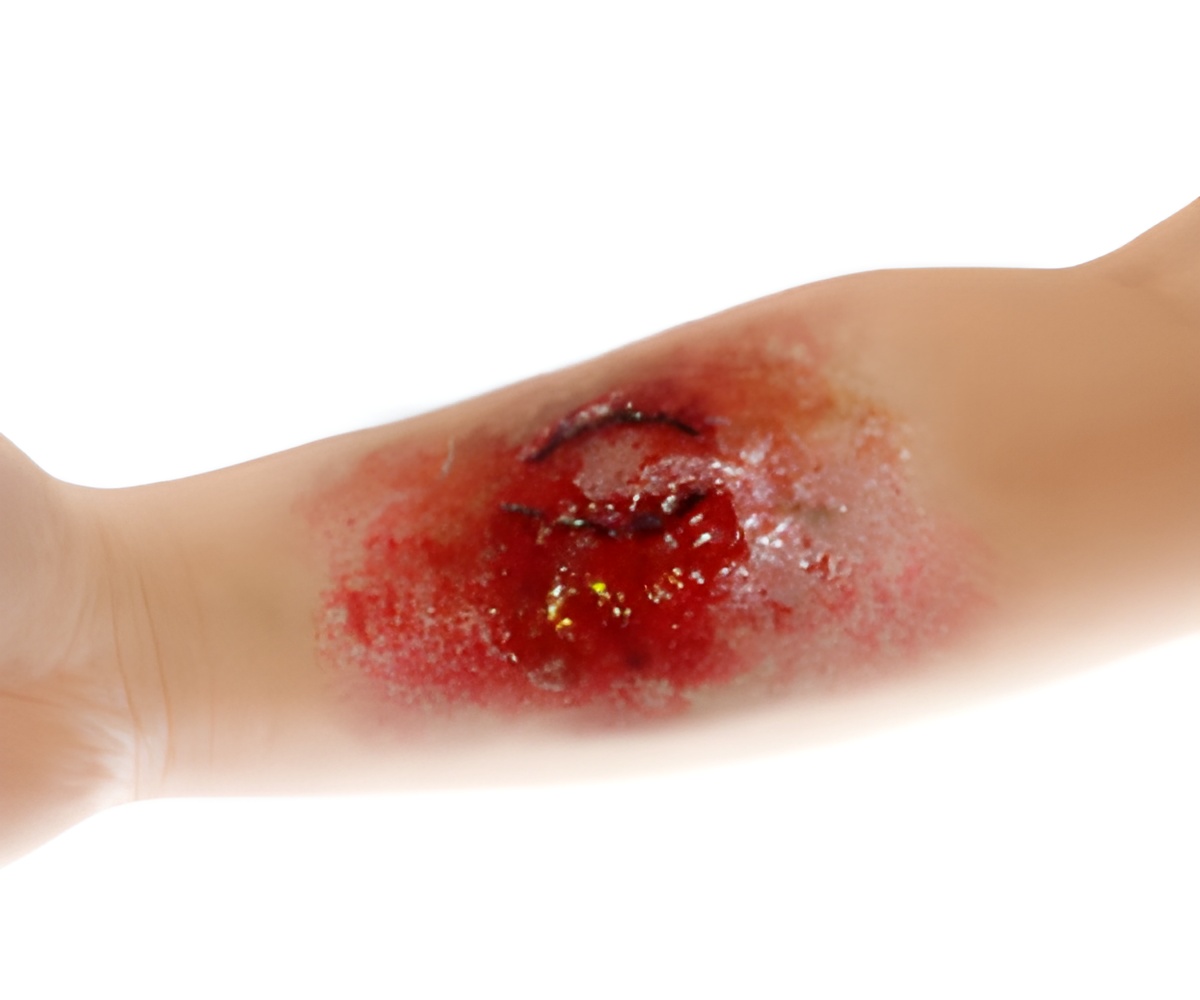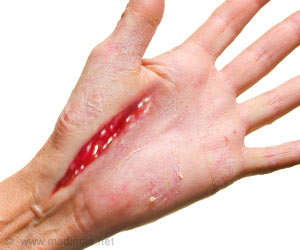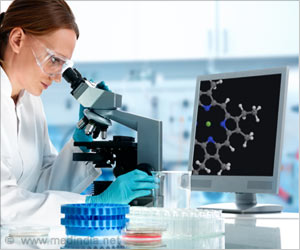A new method for detection of infection in wounds could take physicians less than a minute to complete, rather than the current method that takes 24 hours.

TOP INSIGHT
A new method could now enable physicians to detect infection in wounds in less than a minute. The method uses an electrochemical detection strategy to identify molecules produced by the bacteria Pseudomonas, which commonly infects chronic wounds.
Shanmugam, director of the Division of Rheumatology at the GW School of Medicine and Health Sciences and principal investigator of the WE-HEAL study, a National Institutes of Health-funded study investigating the interplay of the host immune response and wound bed microbiome in patients with chronic wounds, said, "Being able to detect Pseudomonas and other infectious organisms at the time of the clinic visit will greatly enhance our ability to take care of patients. We would not have to wait for culture results before making a decision about antibiotics, and this would allow us to better tailor therapies for our patients."
After further enhancement and testing, probes harnessing this methodology could potentially provide a way for physicians to detect wound infections at the bedside, allowing physicians to switch from broad-spectrum antibiotics to specific directed therapies sooner, lowering health care costs, minimizing drug resistance, and improving patient care outcomes.
Shanmugam said, "Infections are a major challenge in medicine, and by using this probe, we were able to harness one of the unique molecules produced by bacteria to detect infection. Through this ongoing collaboration with Dr. Goluch's team of engineers, we plan to continue to refine this testing method and hope to scale it up for detection of other bacteria and to optimize it for clinical use."
Source-Eurekalert
 MEDINDIA
MEDINDIA




 Email
Email




